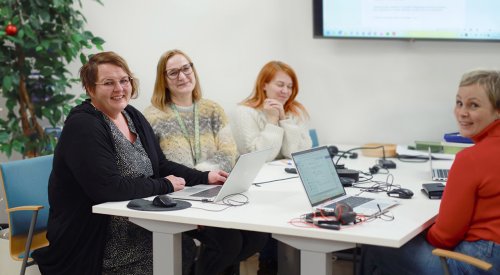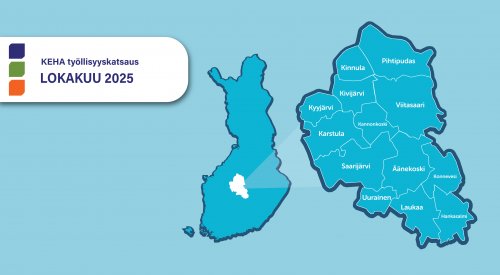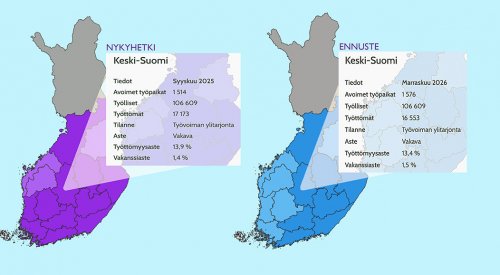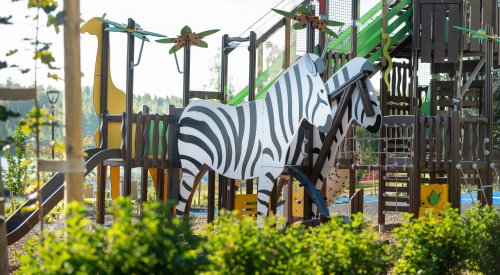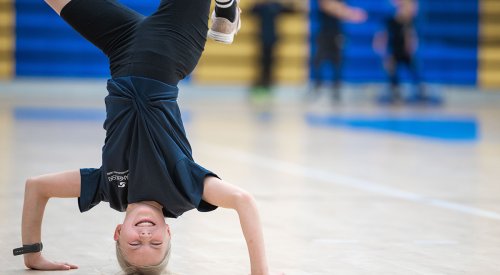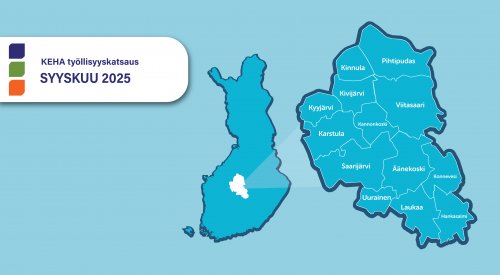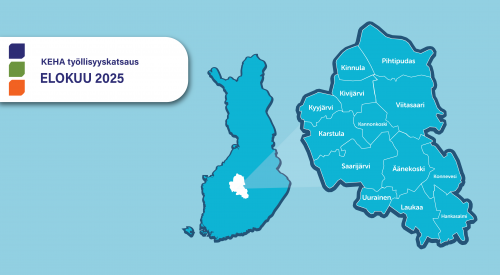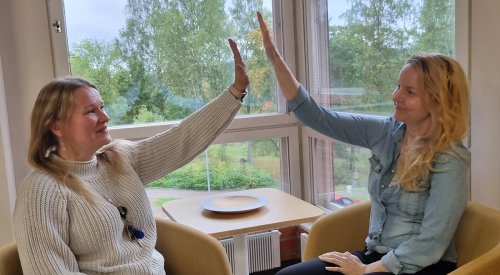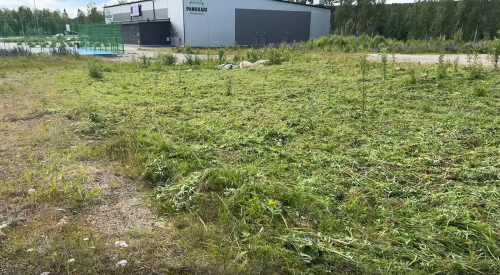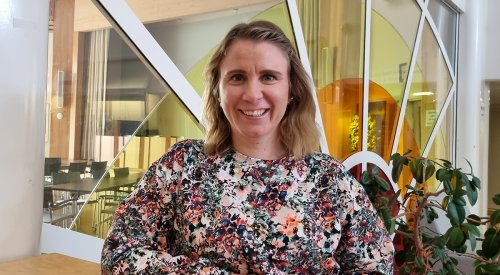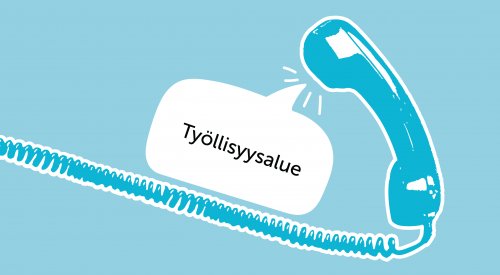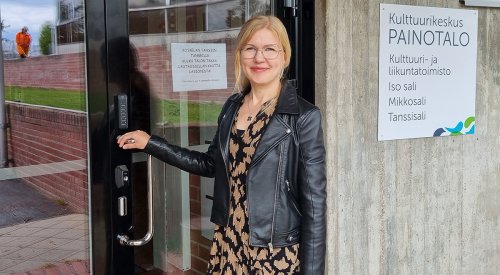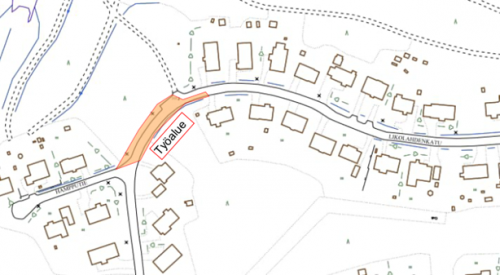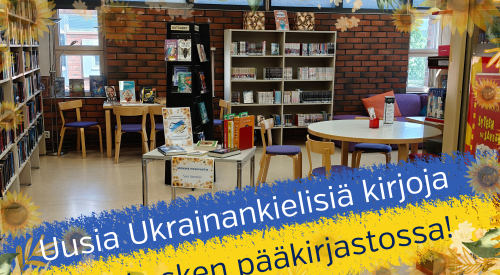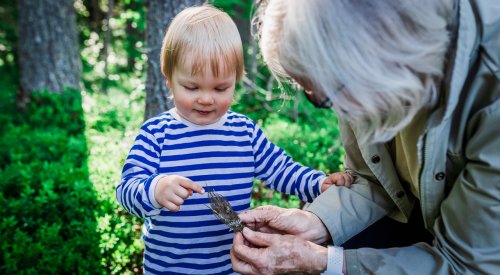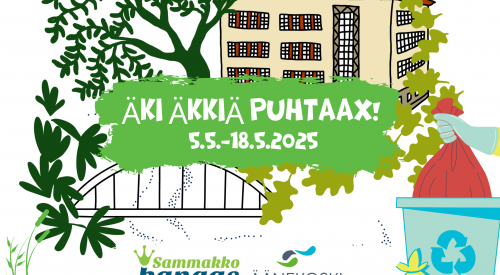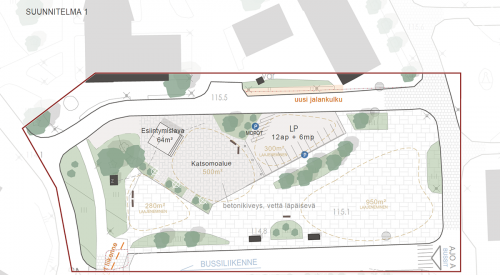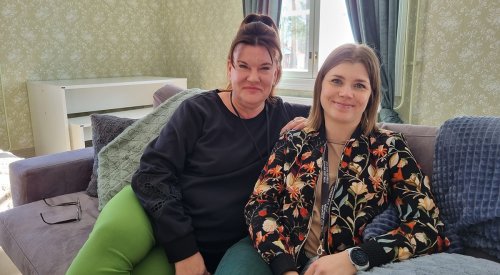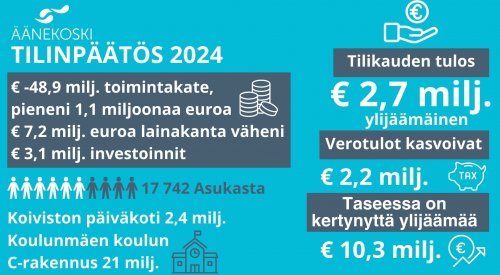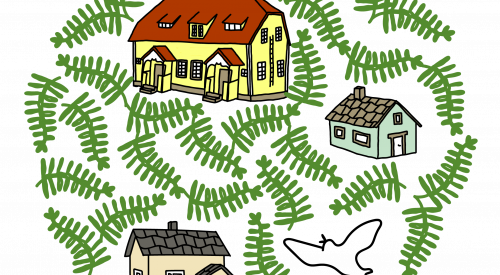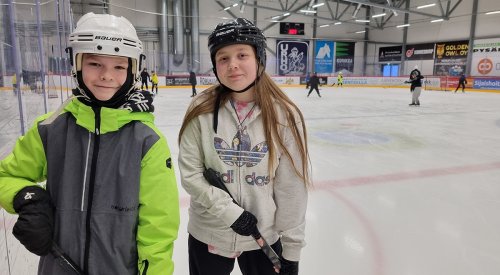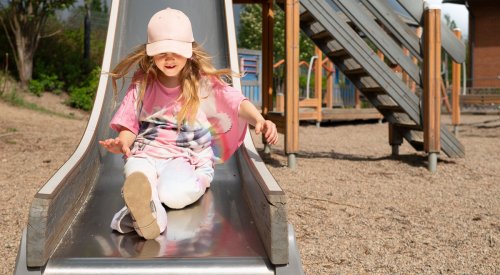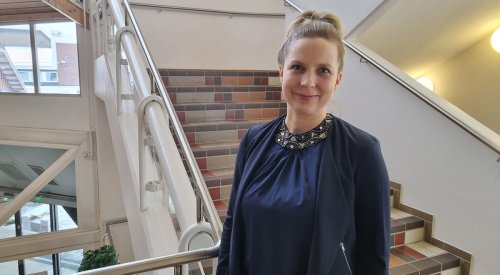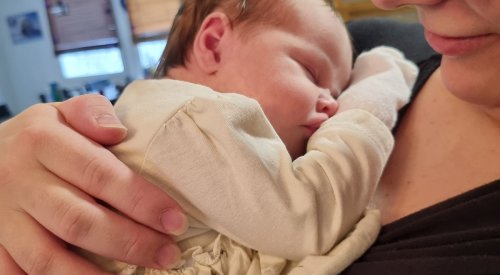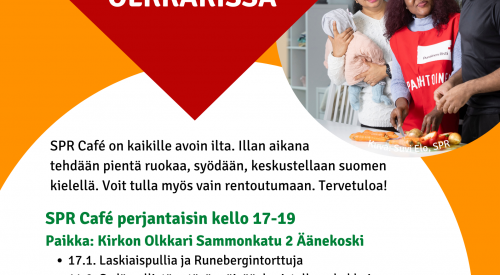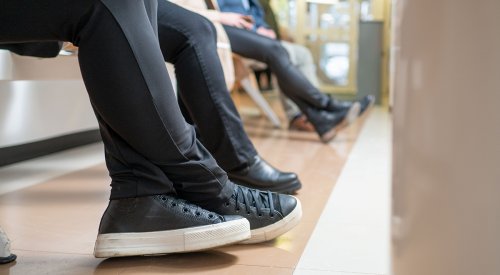Keski-Suomen hyvinvointialueen sosiaali- ja kriisipäivystys palvelee ympäri vuorokauden
Kun tarvitset apua, tukea ja turvaa äkillisen ja järkyttävän kriisin kohdatessa, ota yhteyttä Keski-Suomen hyvinvointialueen sosiaali- ja kriisipäivystykseen numeroon 014 266 0149.
Palvelu on avoinna vuoden jokaisena päivänä 24 tuntia vuorokaudessa. Sosiaali- ja kriisipäivystyksestä voi hakea apua yllättävään ja traumaattiseen tilanteeseen asiakas itse, läheisestään huolestunut ystävä, omainen tai viranomainen. Palvelut ovat maksuttomia ja yhteyttä voi ottaa myös nimettömästi.
Sosiaali- ja kriisipäivystyksen apu on muun muassa kiireellistä sosiaalityötä, psyykkistä ensiapua tai kriisityötä hädän, kriisin tai menetyksen hetkellä sekä myös kriisitapaamisia yksittäisille henkilöille, perheille tai ryhmille.
Hätätapauksissa soita aina hätäkeskuksen numeron 112.
Traumaattinen kriisi voi olla esimerkiksi:
- läheisen äkillinen kuolema
- läheisen itsemurhayritys
- onnettomuudet
- väkivallan tai vakavan rikoksen uhriksi joutuminen
- vakava oma tai läheisen sairaus
Traumaattisen kokemuksen jälkeen on normaalia, että ihmisen mieli ja keho reagoivat tapahtuneeseen. Toiset reagoivat samassa tilanteessa voimakkaammin, toiset lievemmin.
Lisätietoja löydät Keski-Suomen hyvinvointialueen Kriisin kohdannelle -verkkosivulta.
Lapsi tarvitsee tukea ja läsnäoloa
Myös lapsi reagoi järkyttäviin tapahtumiin. Lapsen reaktioihin vaikuttaa muun muassa lapsen ikä. Pienet lapset eivät yleensä osaa ilmaista suruaan itkemällä.
Lapsella saattaa esiintyä:
- ärtyisyyttä ja turhautumista
- rauhattomuutta
- takertuvuutta
- univaikeuksia
- fyysisiä oireita, kuten vatsakipua ja päänsärkyä.
Juttele lapsen kanssa tapahtuneesta. Älä peitä liikaa omia tunteitasi. Anna lapselle aikaa ymmärtää, ja oikaise mahdolliset väärinkäsitykset. Ylläpidä tavallisia arjen rutiineja, jotta lapsi tuntee olonsa turvalliseksi.
Omat vanhemmat tai muut läheiset aikuiset ovat lapsen paras tuki ja turva myös silloin, kun jotain järkyttävää on tapahtunut. Kerro tapahtuneesta myös lapsen päivähoitoon tai kouluun, jotta lasta kyetään tukemaan vaikeassa tilanteessa.
Lisätietoja lapsiperheiden kriisitilanteista löydät Lapsiperheen kriisitilanteet -verkkosivultamme.
Mannerheimin Lastensuojeluliiton ohje lapsen kanssa keskusteluun
- Anna lapselle aikaa ja tilaa kertoa tuntemuksistaan. Hyväksy ja kunnioita lapsen reaktioita, vaikka ne tuntuisivat oudoilta. Lapsi ei osaa kertoa huolestaan niin kuin aikuiset. Lapsi ja nuori voi ilmaista omaa hämmennystään ja pelkoon nauramalla tai heittämällä vitsiä. Se saattaa hämmentää tai suututtaa aikuista. On kuitenkin tärkeää, että lapsen tuntemuksia ei vähätellä. Niihin tulee suhtautua ymmärtävästi ja kysymyksiin vastata kärsivällisesti. Anna lapselle aikaa ja mahdollisuus ilmaista, ymmärtää ja työstää tapahtumaa omalla tavallaan.
- Vastaa lapsen tai nuoren kysymyksiin rehellisesti, mutta lietsomatta pelkoa ja epävarmuutta. Kerro tapahtuneesta lapsen ikä huomioon ottaen. Kerro tosiasiat, jottei lapsi turvaudu mielikuvitukseen. Mielikuvitus yleensä liioittelee ja pahentaa asioita.
- Muistuta, että tällaiset tapahtumat ovat hyvin harvinaisia. Lapsella tai nuorella voi olla tapahtuneen johdosta voimakas kokemus turvattomuudesta. Miten tällaista on voinut tapahtua? Miksi ihmiset tekevät näin? Onko koulussa jatkossa turvallista?
- Pysyttele itse mahdollisimman rauhallisena. Voit kuitenkin todeta, että olet järkyttynyt ja surullinen tästä hyvin harvinaisesta tapahtumasta. Lapsen reaktiot pohjautuvat vanhempien antamaan esimerkkiin: jos aikuinen käyttäytyy mahdollisimman rauhallisesti, lapsi kokee olevansa turvassa. Huomioi, että lapsella saattaa olla lisääntynyt läheisyyden tarve.
- Ole ennen kaikkea turvallinen ja kuunteleva aikuinen. Hyväksy ja kunnioita lapsen reaktiot, vaikka ne tuntuisivat oudoilta. Anna lapselle aikaa ja mahdollisuus ilmaista, ymmärtää ja työstää tapahtumaa omalla tavallaan.
- Jos näet, että lapsi tai nuori sulkeutuu, tee keskustelualoite: ”Hei minusta tuntuu, että mietit sitä ikävää tapahtumaa. Mitä kaikkea ajattelet? Pelottaako sinua?”
- Jos lapsesi on nähnyt uutisissa kuvauksia tapahtumasta tai nettivideon, keskustele sen herättämistä ajatuksista ja tunteista. Älä täytä lapsen mieltä jatkuvilla onnettomuusuutisilla. Tyydytä oma tiedontarve seuraamalla uutisia ilman lapsen tai nuoren läsnäoloa ja keskustele tapahtuman itsessäsi aikaan saamista huolista toisten aikuisten kanssa. Näin suojaat lastasi ylimääräiseltä yksityiskohtien mieleen palauttamiselta. Sano nuorelle, että hänen kannattaa suojella itseään ja jättää katsomatta esimerkiksi internetissä leviävät väkivaltakuvat.
- Tapahtumat voivat siirtyä lasten uniin ja leikkeihin. Nukahtaminen voi olla vaikeaa ja vanhempien tukea kaivataan yön tunteina. Lupaa, että isokin lapsi voi tulla viereen nukkumaan, jos häntä ahdistaa tai pelottaa. Lapset keskustelevat keskenään tapahtuneesta ja saattavat laskea asiasta leikkiä. Myös korostunutta kiinnostusta kuolemaa kohtaan voi esiintyä. Nämä ovat normaaleja tapoja työstää tapahtunutta ja vanhempana sinun ei tule järkyttyä, vaan pikemminkin kannustaa lasta ja nuorta ilmaisemaan tunteitaan.
- Huolehdi myös itsestäsi ja keskustele omista tuntemuksista muiden aikuisten kanssa.
- Jos lapsesi oireet ovat voimakkaita tai jatkuvat pitkään, ota rohkeasti yhteyttä ammattiauttajaan. Jos nähty väkivaltauutinen koskettaa teitä läheisesti, niin asia on hyvä käydä ammatti-ihmisen kanssa läpi.
Tutustu ohjeeseen: Väkivaltauutisista puhuminen lapsen kanssa (mll.fi)
Kaikille tarjolla olevaa keskustelutukea
Kriisitilanteissa voit keskustella myös seuraavissa kanavissa valtakunnallisesti:
- MIELI ry:n valtakunnallinen kriisipuhelin, p. 09 2525 0111 (24 h/vrk)
- Kriisipuhelin päivystää myös ruotsiksi, arabiaksi, englanniksi, ukrainaksi ja venäjäksi.
- Apuu chat 7–15-vuotiaille
- SEKAISIN-chat 12–29-vuotiaille
- Nuortennetti (mll.fi)
Uutinen julkaistu , muokattu 4.4.2024 klo 08:46













